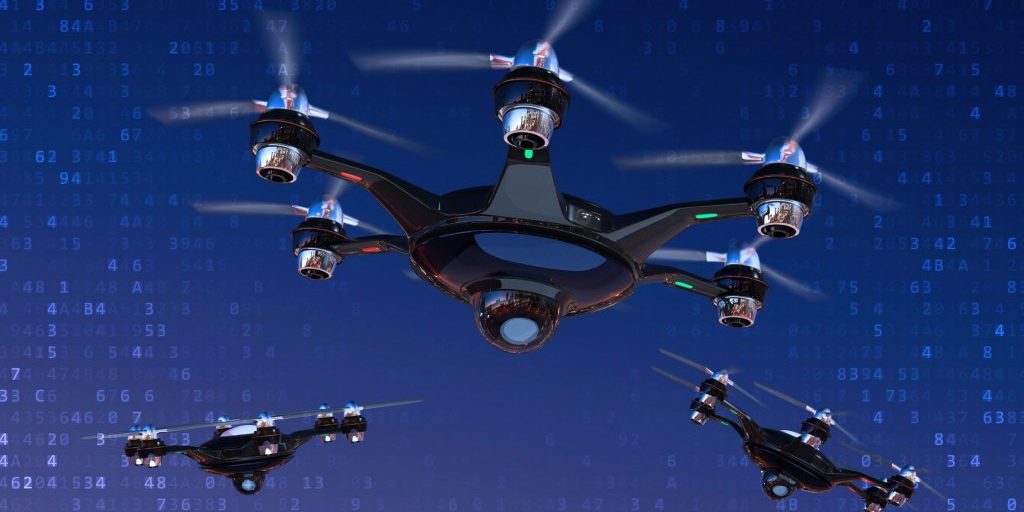Artificial intelligence (AI) applied to weapons systems represents a major trend in research in the past 10 years. These initiatives seek to increase weapon accuracy, perform nonactive means of targeting, aid navigation and guidance and control (e.g., in Global Positioning System-denied situations), and reduce overall computational resources vs. traditional physics-based approaches to enable intelligent targeting on smaller, more affordable weapons systems. This research also includes extending the battlespace of operators to unmanned aerial vehicles and teaming with manned and unmanned platforms using swarming methods.
We begin with an overview description and history of AI and outline the principals, techniques, and applications of AI for weapons systems. This includes a review of research and programs in supervising autonomous systems; guidance, navigation, and control; behavior and path planning; sensor and information fusion; intelligent strategy and planning; wargame modeling; and cognitive electronic warfare. We then offer a survey of systems and programs that apply AI for weapons systems. Although the focus is on U.S.-based systems and programs, a small subsection on related systems from Russia and China is included. We conclude with a brief commentary on the ethical considerations for using AI for weapons systems.


